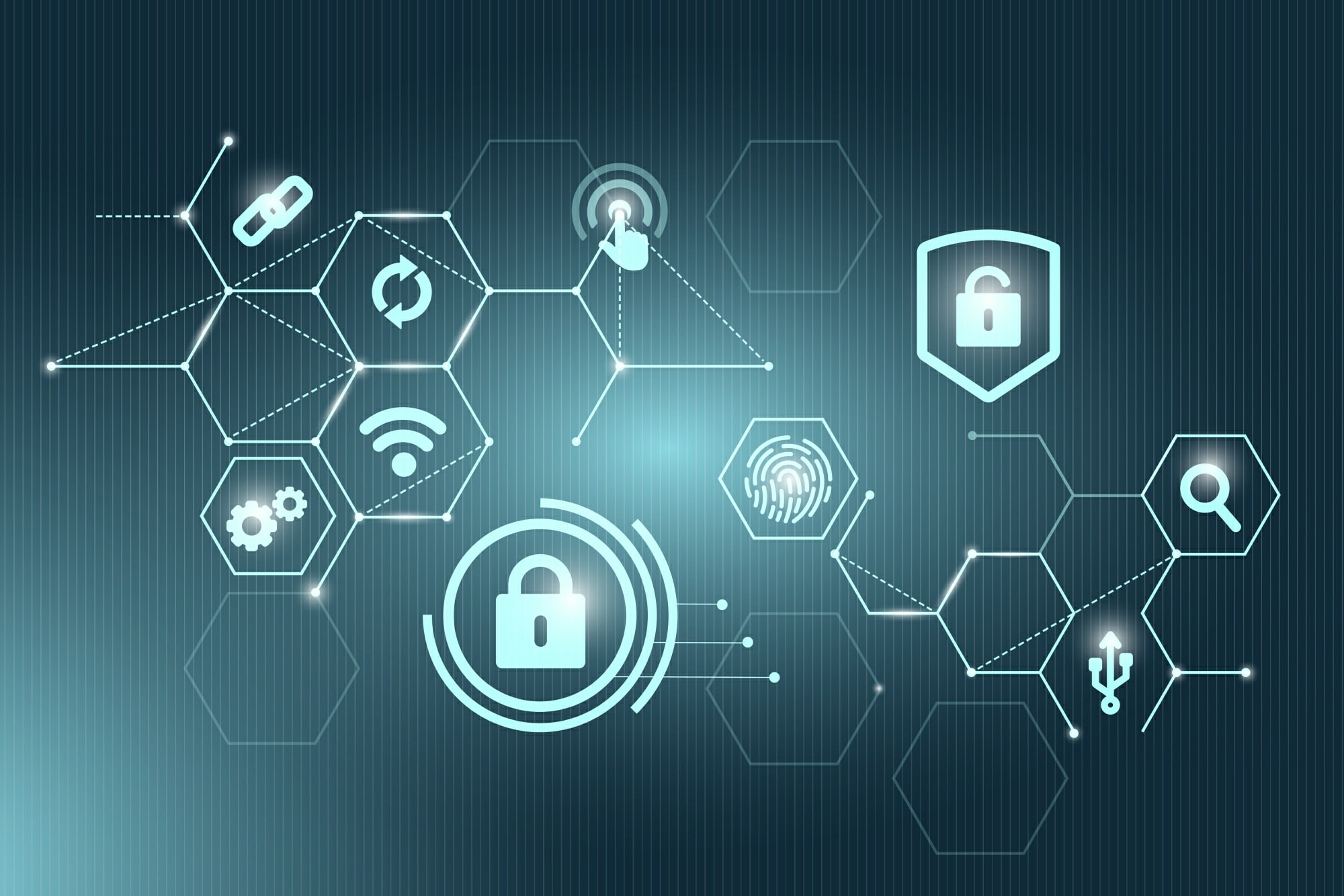Having the right solutions in the security field is essential to keeping your data and information security. This includes solutions such as antimalware tools and Identity-based security technologies. In addition, there are also solutions for mobile devices. These include Next-generation firewalls and Mobile device management solutions.
Antimalware tools
Using antimalware software is one of the best ways to prevent malware from infecting your PC. It works by scanning your computer to find and remove any suspicious programs. This includes viruses, worms, spyware, keyloggers, and ransomware.
Today’s security solutions include an advanced AV/antimalware engine incorporating behavioral analysis. This tool is often powered by machine learning algorithms and can automate detection with minimal analyst input.
In addition to signature-based malware detection, some solutions incorporate sandboxing, a process that puts suspicious programs into a virtual machine, making them think they are in the real world. This limits their access to the internet and helps prevent damage or data loss.
Another tool that can be useful is an endpoint management solution. This can help ensure that your devices are permanently configured correctly and can be managed from a distance. In addition, these tools can protect your devices from zero-day attacks and enable passwordless administration.
Many deception technology solutions are designed to be centrally managed from a corporate network. They can be installed on various devices, including Windows, Linux, and Unix. The most common types of AV are signature-based, behavior-based, and heuristics-based.
The best protection against zero-day malware is having all three approaches in your arsenal. First, however, choosing the right solution for your organization is essential.
Next-generation firewalls
Whether you are deploying a UTM or a next-generation firewall, the contributions of technology solutions to security are essential. Both offer a comprehensive network security solution that can reduce the risk of a breach.
A standard firewall works by maintaining a database of threats and applying rules to allow or block traffic. While this is a good security measure, the database is only sometimes updated and may miss more sophisticated threats.
A next-generation firewall adds application-level monitoring and intrusion prevention techniques. These algorithms learn about your network and can detect more complex threats. It can also help prevent attacks from hackers, bots, and malware.
NGFWs can apply policies based on the user’s IP address, application, or geographic location. This enables businesses to identify potentially detrimental applications to their organization and prioritize mission-critical applications. In addition, it can block non-business applications.
NGFWs can also support virtual private networks (VPNs) and identity services. Aside from application-level awareness, a next-generation firewall can protect against malware, bots, and SQL injections. Finally, NGFWs can share information with other security tools using threat intelligence feeds.
A unified threat management (UTM) system can provide a single console for administrators and a comprehensive set of network security functions. First, however, you should evaluate how well these features perform.
Mobile device management solutions
Increasingly, organizations realize that they must invest in mobile device management solutions to ensure the security of their business data. This becomes even more critical as corporate networks expand.
Employees working at home or in remote field locations need portable devices to keep connected. These devices can also be used to access sensitive business information. However, using personal devices in the workplace creates numerous security risks.
The company is susceptible to malware intrusions when employees use personal devices to check email or corporate access data. This can lead to legal penalties and massive revenue losses.
Mobile device management solutions are designed to secure enterprise assets and provide employees with reliable and secure remote access. They are also able to protect against malware and cyber threats. In addition, they can monitor employee usage behavior, enforce compliance, and offer various other benefits.
Many of these solutions provide a centralized platform for managing many devices. This is especially helpful for MSPs with a lot of phones to secure.
In addition to facilitating security, these solutions can reduce the time and resources required to manage mobile devices. These solutions are often cloud-based, and administrators can monitor and manage the devices from anywhere.
These solutions can be scalable to fit the needs of any organization. For example, the Intel vPro(r) platform includes manageability and security features.
Identity-based security technologies
Considering the rapid growth in technology and the increasing risk from cyber threats, it’s critical to identify and implement the right identity-based security solution to protect your company’s assets and reputation. An effective IAM solution keeps hackers at bay while allowing employees convenient access to the organization’s resources.
Several factors contribute to the success of an identity-based security strategy. One of the most important is the ability to authenticate every identity in the organization accurately. For example, fingerprint biometric authentication is hard to fake and is often used in security industries.
Another critical factor is promptly identifying and responding to any identity-based breach. For example, a compromised account can create an attack path on your organization’s most valuable assets. Organizations must defend against these breaches, seize unauthorized charges, revoke access to sensitive data, and notify affected users.
Identity-based security solutions are also helpful in preventing insider threats. For instance, a malicious employee can use their identity to access confidential information. To avoid these incidents, a centralized identity management system can help.
In addition to protecting against security breaches, an identity-based security solution should provide easy-to-use, scalable, and cost-effective solutions. Companies should also consider a solution that offers a wide range of features. These can include secure mobile applications, password protection, and authentication methods such as multi-factor authentication.

